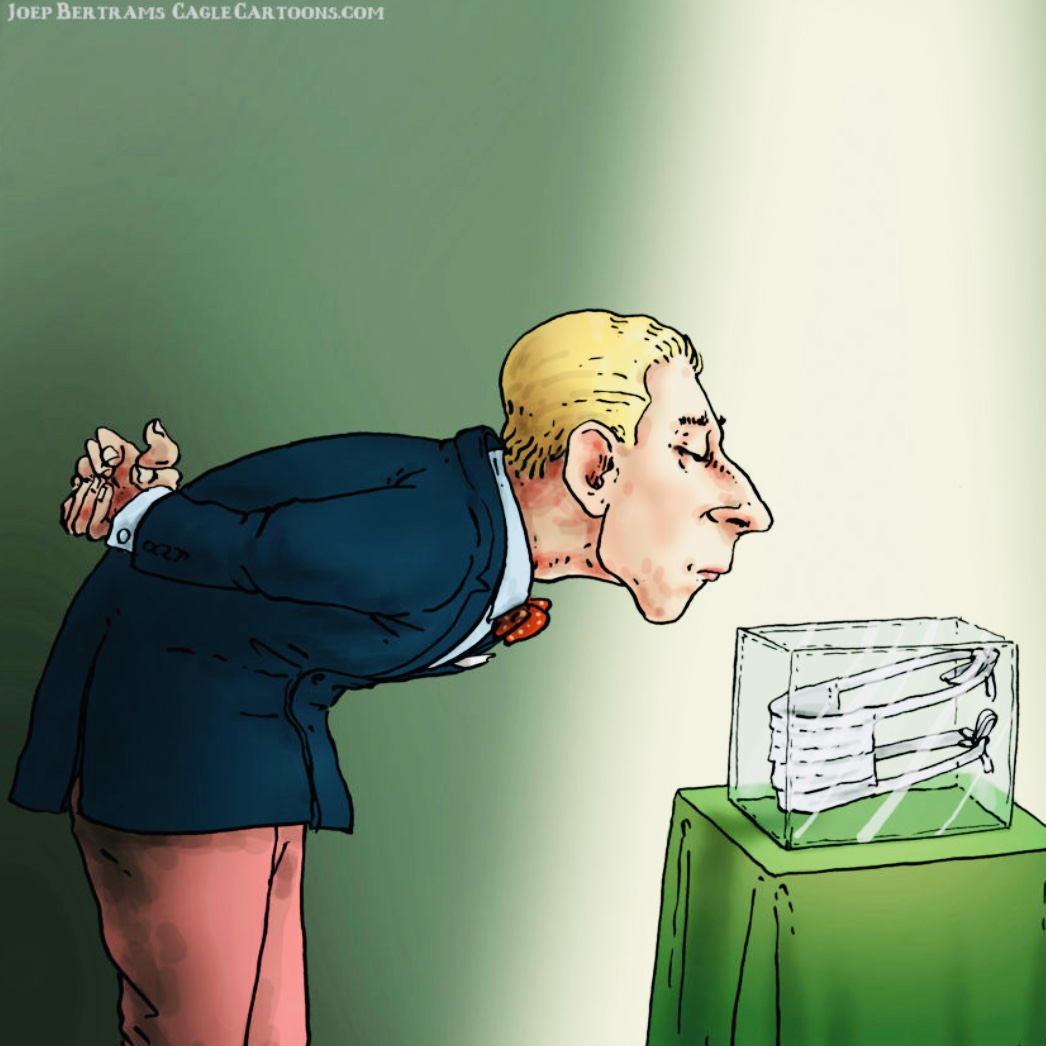The personal becomes dangerous.
On 9/11, Americans discovered we are vulnerable to calamities we thought only happened in distant lands. The 2008 financial crisis told us we also can suffer the calamities of past eras, like the economic meltdown of the Great Depression. Now, the 1918 flu pandemic is a sudden specter in our lives.
This loss of innocence, or complacency, is a new way of being-in-the-world that we can expect to change our doing-in-the-world. We know now that touching things, being with other people and breathing the air in an enclosed space can be risky. How quickly that awareness recedes will be different for different people, but it can never vanish completely for anyone who lived through this year. It could become second nature to recoil from shaking hands or touching our faces—and we might all find we can’t stop washing our hands.
The comfort of being in the presence of others might be replaced by a greater comfort with absence, especially with those we don’t know intimately. Instead of asking, “Is there a reason to do this online?” we’ll be asking, “Is there any good reason to do this in person?”—and might need to be reminded and convinced that there is. Unfortunately, if unintendedly, those without easy access to broadband will be further disadvantaged. The paradox of online communication will be ratcheted up: It creates more distance, yes, but also more connection, as we communicate more often with people who are physically farther and farther away—and who feel safer to us because of that distance.
Author: Deborah Tannen is a professor of linguistics at Georgetown and author, most recently, of You’re the Only One I Can Tell: Inside the Language of Women’s Friendships.
Deborah Tannen: Gender-specific language rituals
Karriere: Visionen für die Zeit nach der Krise
BOOKS: DreamGuidance-Bücher & STORIES: 50+ Coaching-Erfahrungsberichte
Kontakt: contact@cop-morrien.de / +49 (0)221 – 7 393 262

 Keine Kunst: Hauptsache sicher
Keine Kunst: Hauptsache sicher